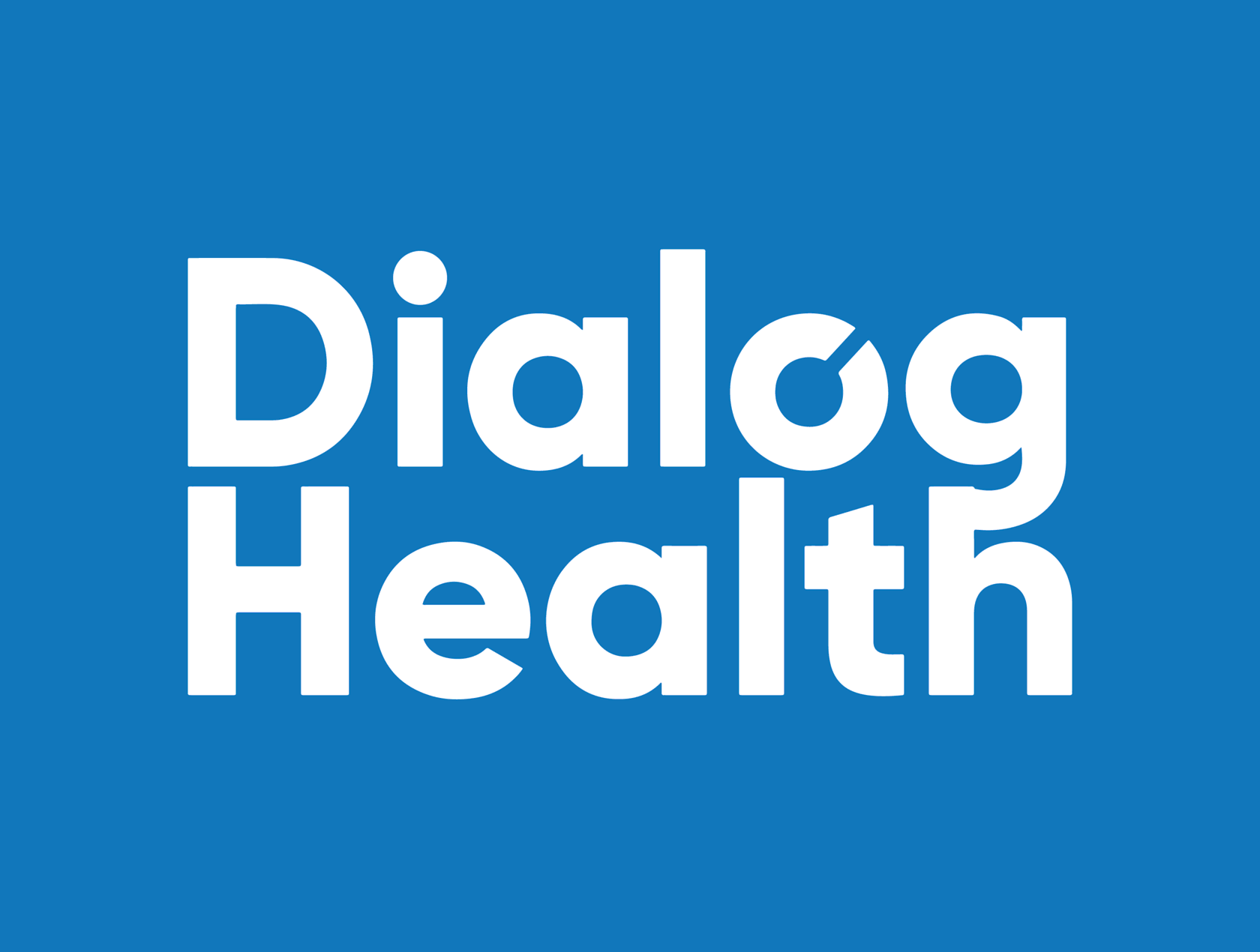Supporting pupils with disabilities: the experience of Quebec
- Canada
- Handicap
- 20 delegates
- October 2023
From 15 to 25 October 2023, a delegation from the Académie de Poitiers took part in a study visit to Quebec. The aim of this international study trip was to discover the latest innovations and teaching methods for supporting pupils with disabilities.
Organised in partnership with the Académie de Poitiers, this international fact-finding mission provided an opportunity to visit a number of educational establishments, institutions and organisations to find out how Quebec approaches inclusive education, digital uses, teacher training and the integration of technologies to develop pupils' skills.
Our first day began with a visit to École publique Saint-Alexandre, located in the heart of the town of Lachute. This school, which caters for around 270 pupils a year from pre-school to sixth grade, provides adapted services for pupils with difficulties, psycho-pathological disorders and language deficiencies.
School staff work together to promote appropriate behaviour and student success. This approach is supported by the Positive Behaviour Support programme, which aims to create a healthy and stimulating school environment.
We heard presentations from educational consultant Marie-Josée Trudel and teacher Camille St-Denis. They introduced the positive behaviour support programme and its application at school and local level.
We also had the opportunity to find out how the school's day-care service works and to learn about the integration of students with disabilities and learning difficulties.
In the afternoon, we visited the Quebec Ministry of Education to find out more about Quebec's education system, the special education policy and the various action plans in place.
Our second day was devoted to discovering Collège Sainte-Anne, a private French-language educational establishment offering general education to children. We met with education experts, including Nathalie Couzon, pedagogical advisor, who introduced us to the NASSAU 3.0 project. This project focuses on the use of technology in education.
Our third day took place at Collège Sainte-Anne (Lachine campus), where we continued to explore digital uses and inclusive education. Once again, we had the opportunity to meet Nathalie Couzon, who shared her expertise in educational technologies.
Our fourth day began with a visit to the University of Sherbrooke. It was an opportunity to explore how Quebec universities train teachers and promote the inclusion of students with disabilities.
We then visited the Pierre H. Ruel Clinic, a training and support centre for teachers and a service for students with special needs in the Sherbrooke community.
The fifth day of our mission was devoted to discovering École Vanguard, which caters for students with learning disabilities. We had the opportunity to meet a number of specialist resources, visit classes and find out how the school adapts to the needs of its students.
We began the penultimate day of this study mission with a visit to CADRE21, an organisation dedicated to the professional development of teachers.
We then discovered RÉCIT (Réseau Éducation Collaboration Innovation Technologie), a network focused on developing students' skills through the integration of technology.
Our mission ended with a visit to the Longueuil campus of the Université de Sherbrooke, where we met Jean-Claude Kalubi-Lukusa, a professor involved in research into intellectual and developmental disabilities.
This international study mission to Quebec was an enriching experience that enabled us to discover Quebec's innovative approaches to inclusive education, the use of technology, teacher training and adaptation to students' needs. We hope that the knowledge acquired during this mission will inspire innovative and inclusive educational practices.
Our first day began with a visit to École publique Saint-Alexandre, located in the heart of the town of Lachute. This school, which caters for around 270 pupils a year from pre-school to sixth grade, provides adapted services for pupils with difficulties, psycho-pathological disorders and language deficiencies.
School staff work together to promote appropriate behaviour and student success. This approach is supported by the Positive Behaviour Support programme, which aims to create a healthy and stimulating school environment.
We heard presentations from educational consultant Marie-Josée Trudel and teacher Camille St-Denis. They introduced the positive behaviour support programme and its application at school and local level.
We also had the opportunity to find out how the school's day-care service works and to learn about the integration of students with disabilities and learning difficulties.
In the afternoon, we visited the Quebec Ministry of Education to find out more about Quebec's education system, the special education policy and the various action plans in place.
Our second day was devoted to discovering Collège Sainte-Anne, a private French-language educational establishment offering general education to children. We met with education experts, including Nathalie Couzon, pedagogical advisor, who introduced us to the NASSAU 3.0 project. This project focuses on the use of technology in education.
Our third day took place at Collège Sainte-Anne (Lachine campus), where we continued to explore digital uses and inclusive education. Once again, we had the opportunity to meet Nathalie Couzon, who shared her expertise in educational technologies.
Our fourth day began with a visit to the University of Sherbrooke. It was an opportunity to explore how Quebec universities train teachers and promote the inclusion of students with disabilities.
We then visited the Pierre H. Ruel Clinic, a training and support centre for teachers and a service for students with special needs in the Sherbrooke community.
The fifth day of our mission was devoted to discovering École Vanguard, which caters for students with learning disabilities. We had the opportunity to meet a number of specialist resources, visit classes and find out how the school adapts to the needs of its students.
We began the penultimate day of this study mission with a visit to CADRE21, an organisation dedicated to the professional development of teachers.
We then discovered RÉCIT (Réseau Éducation Collaboration Innovation Technologie), a network focused on developing students' skills through the integration of technology.
Our mission ended with a visit to the Longueuil campus of the Université de Sherbrooke, where we met Jean-Claude Kalubi-Lukusa, a professor involved in research into intellectual and developmental disabilities.
This international study mission to Quebec was an enriching experience that enabled us to discover Quebec's innovative approaches to inclusive education, the use of technology, teacher training and adaptation to students' needs. We hope that the knowledge acquired during this mission will inspire innovative and inclusive educational practices.
Subscribe to our newsletter
Once a month you will learn about our latest tours.
By clicking the button you agree to our Privacy Policy
Photos
Previous study missions


